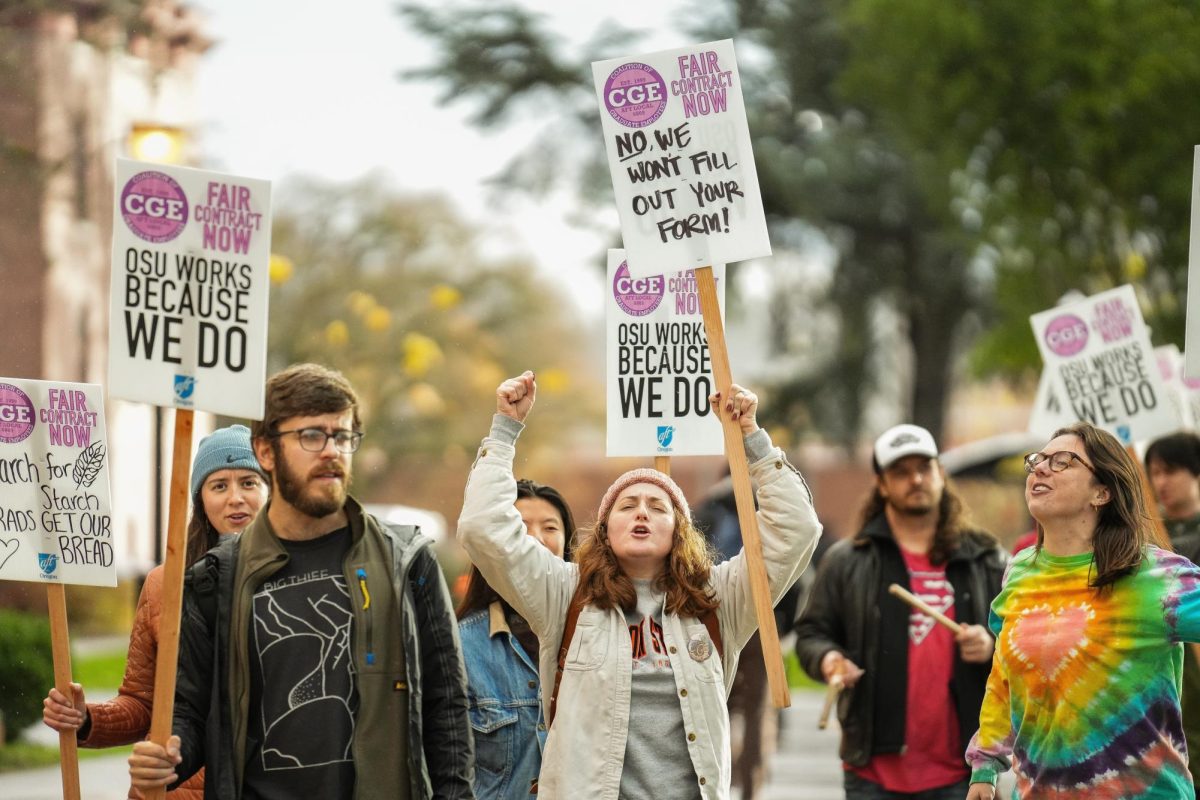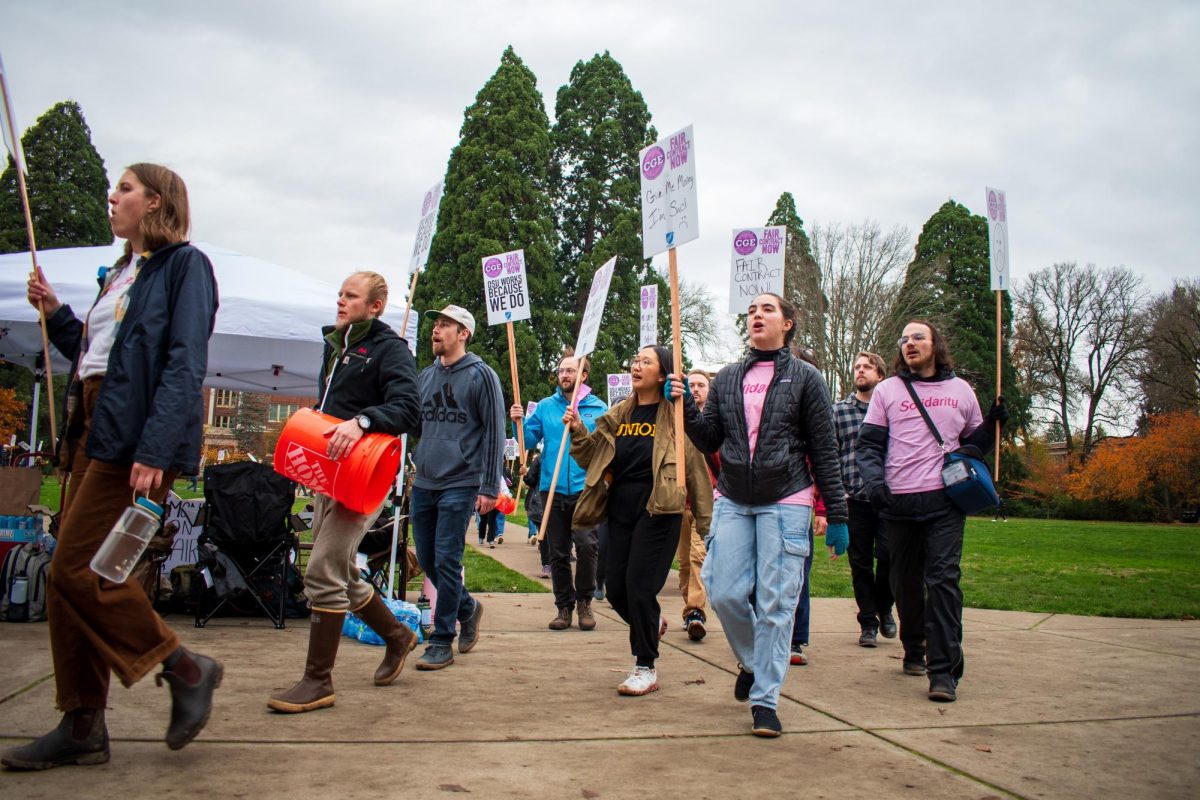The Coalition of Graduate Employees went on strike on Nov. 12 after months of negotiations with Oregon State University.
Since then, classes and grades usually directed by graduate teaching assistants have been severely affected.
In a poll on the Barometer’s Instagram, we asked how the strike has affected undergraduates’ classes and grades. 134 respondents said their classes were impacted by the graduate employee strike, while 76 reported no impact. When asked how the strike affected their grades, 61 said their grades were affected and 137 respondents said their grades were unaffected.
However, many respondents also showed support for striking graduate students even with their grades affected. When asked to share feelings about the CGE strike, 27 students responded, most of them expressing complete support for the strike.
Two of the students expressed pride in the grad students striking for more wages but wished undergraduates had more support from the school. One said their recitation was canceled, which has had a huge effect on their course learning.
An online letter of support signed by 3,830 undergraduate students states, “Should the university administration fail to reach an agreement with the Coalition of Graduate Employees (CGE) before a strike occurs, we recognize that forcing graduate employees to strike will disrupt our education for a time. However, graduate employees’ working conditions are our learning conditions. And graduate employees cannot work under the contract that OSU has proposed.”
Standing on the outskirts of the picket line on Nov. 13, a day after the strikes kicked off, Tatum Wilson, a first-year psychology major, voiced support for the GTA strikers.
“Honestly, I thought about just coming out here and joining (the picket line),” Wilson said.
Wilson is taking a course with a lab portion usually taught by a GTA. Due to the strike, she said her professor had to take over.
“The lab is a little less successful than it (was) with a grad student,” Wilson said.
Maia Smith, a first-year kinesiology major, is taking General Chemistry this term, a class supported by undergraduate learning assistants.
“They’re having to help us a lot more during the actual lecture,” Smith said. “I think there’s a lot of stress on them.”
Citlally Martin, a fourth-year animal science major, said “I understand livable wage is necessary, but I don’t think they are living under their means with their current salary. However, I also understand that they are overworked and trying to make ends meet.”
“I’ve been enjoying the strike because I haven’t had to go to the physics lab or recitation,” Martin said. “But it’s negatively affecting my academic life because assignments are not getting graded, test formats are changing, and every week is unpredictable making it hard to prepare for.”
Fourth-year Ian Dugo has been working as a teaching assistant in the computer science department for six terms. Dugo expressed concern over undergraduate TAs and LAs taking on more responsibility during the strike.
“If they (GTAs) are not holding office hours, that means that there’s more students being funneled to the undergraduate,” Dugo said. “We got an email on the 12th, the first day of the strike, that was asking if… any ULAs wanted to fill in for a big, huge list of labs, which is pretty suspicious timing, in my opinion.”
Dugo shared two emails that requested help from undergraduate employees. One reads, “We are looking for ULAs to sit in on the labs below as needed for the next few weeks, possibly to the end of the term.”
The second email, sent on Nov. 13, listed seven open labs and recitations that needed ULA substitutes, some of which were levels 300 and 400.
“It didn’t mention the strike in the email at all, so it feels kind of deceptive to trick people into accidentally crossing the picket line because they think they’re just getting more work,” Dugo said.
GTA strikers voiced concern that UTAs and ULAs may be asked to take on more responsibility. Luke Nearhood, CGE’s vice president of political engagement, urged undergraduate employees not to take on additional work duties for striking GTAs.
“Since that message was posted, only one person has said that they’re willing to take it (cover for GTAs),” Dugo said in a later email. As he had guessed, Dugo’s office hours became more crowded in the week after the strike began, sometimes having a line of four students.
When asked, Lanesha Reagan, OSU strategic communications and public affairs manager, said OSU is doing their best to make instruction as continuous as possible for undergraduates.
Reagan did not respond to the Barometer’s questions about how finals and final grading timelines will be impacted, but once again encouraged students to “email Employee.Relations@oregonstate.edu and share the course name and section number, if known, as well as the course meeting time and location. The academic unit will then be notified and provide additional guidance and support.”
Reagan said separate departments and their faculty are making decisions on how to best support students during the strike.
“We just hope undergrads understand that we are being forced into this position because of the poverty wages that OSU pays us,” said CGE’s Vice President of Communications Erika Stewart. “We are deeply disappointed that OSU had over a year to stop this disruption, but has chosen not to because they care more about athletics and bloated administrative salaries than they do about quality education.”
Editor-in-Chief Audrey Saiz contributed to this story.







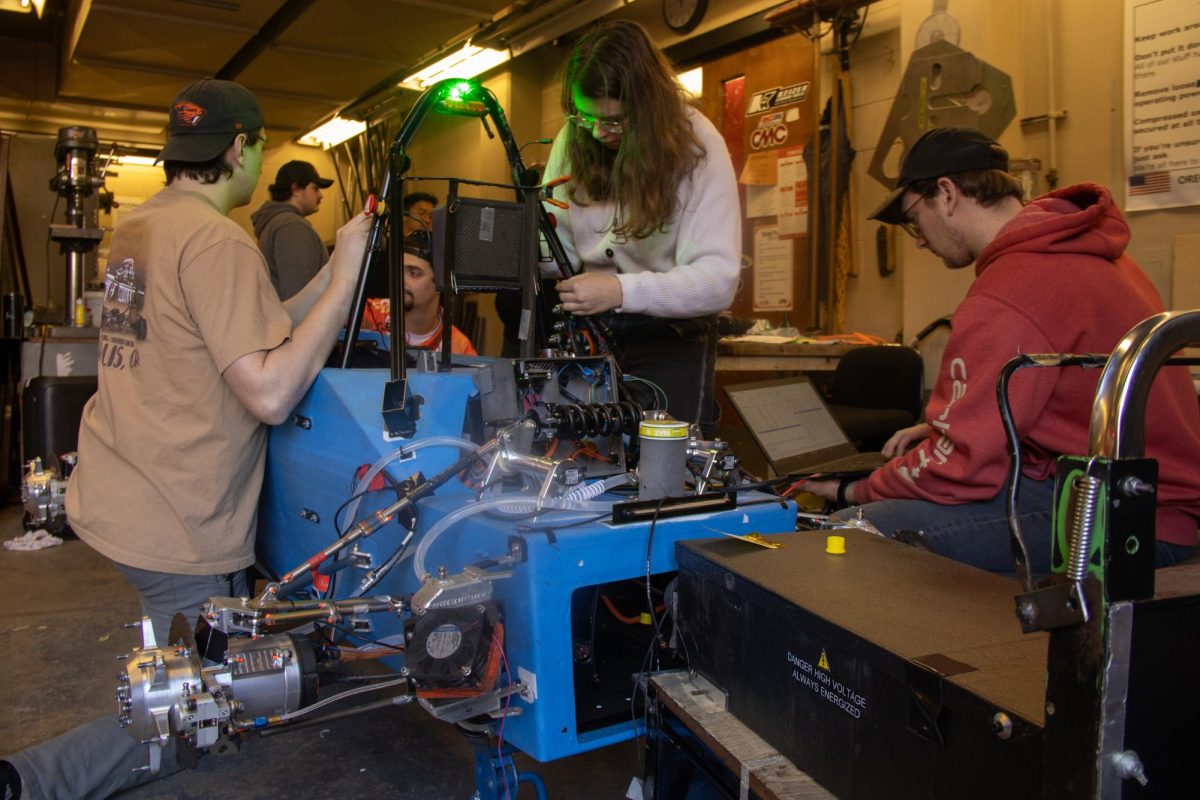
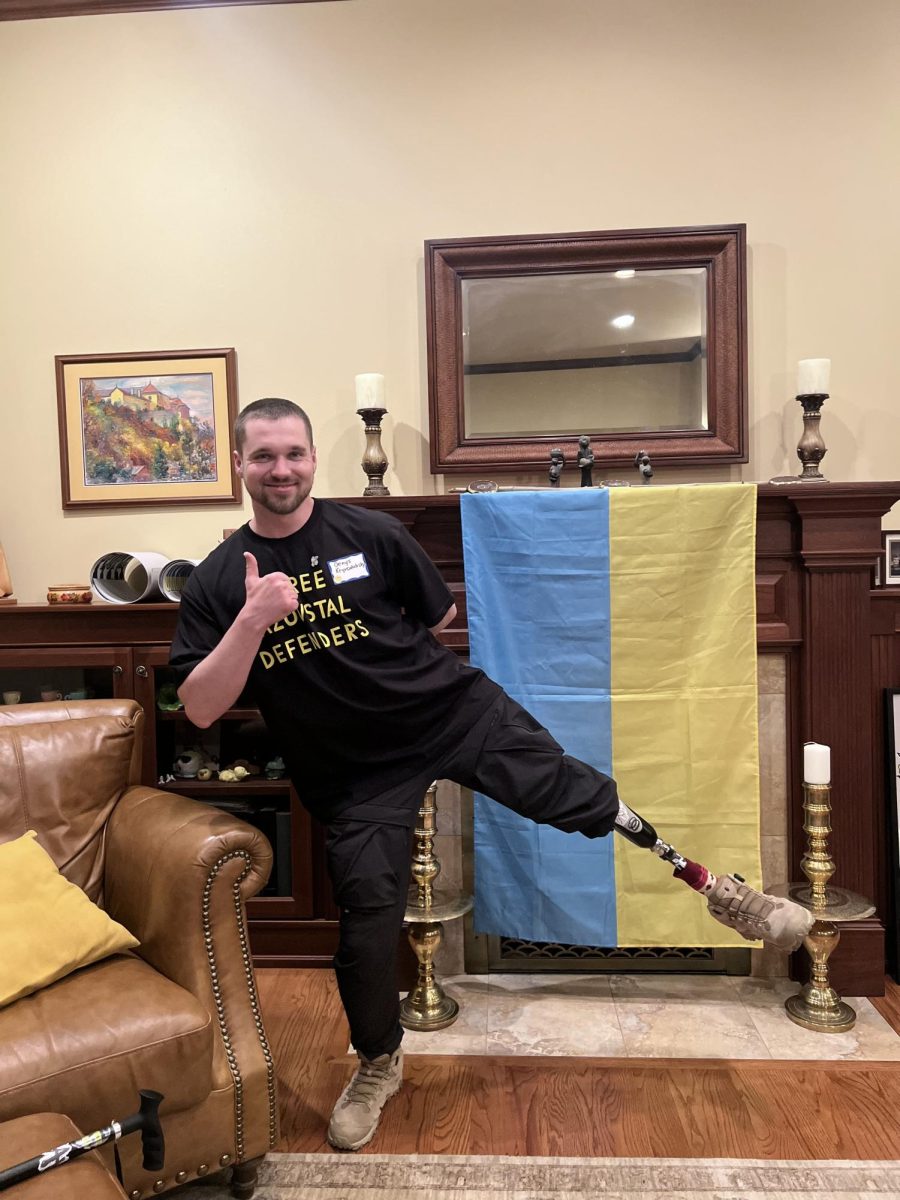
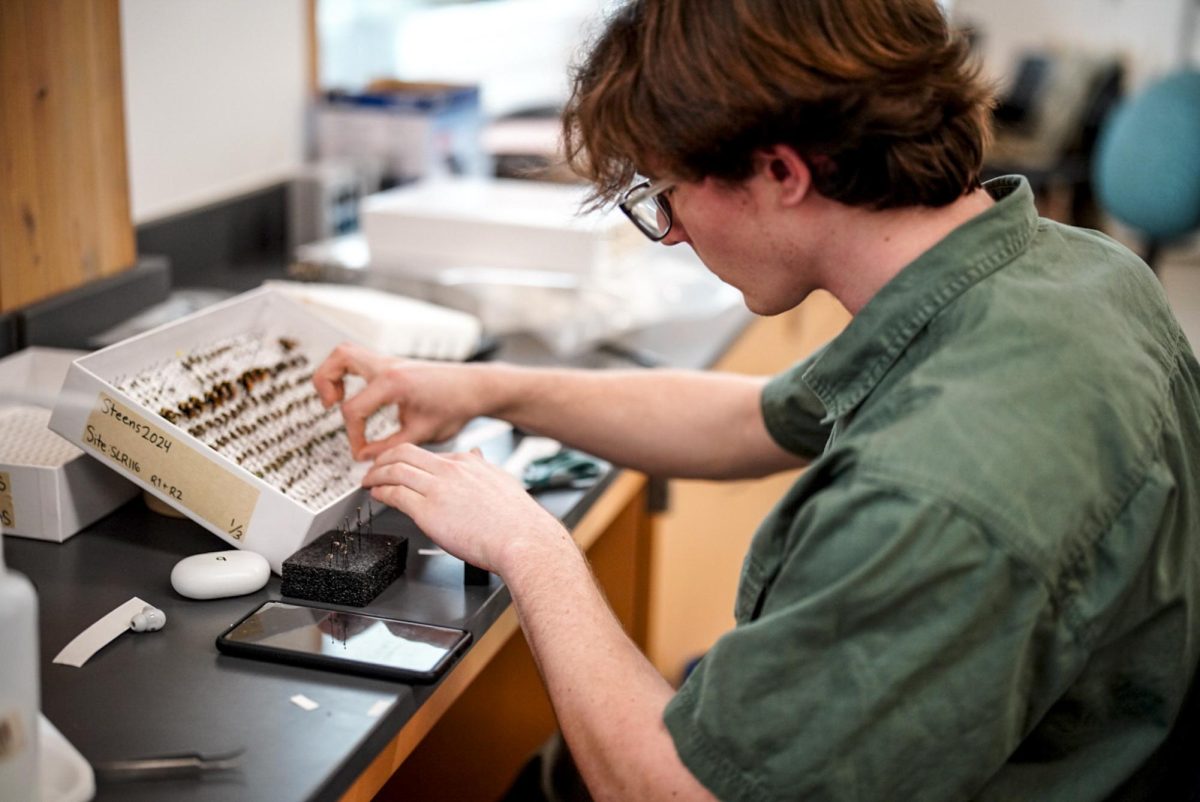
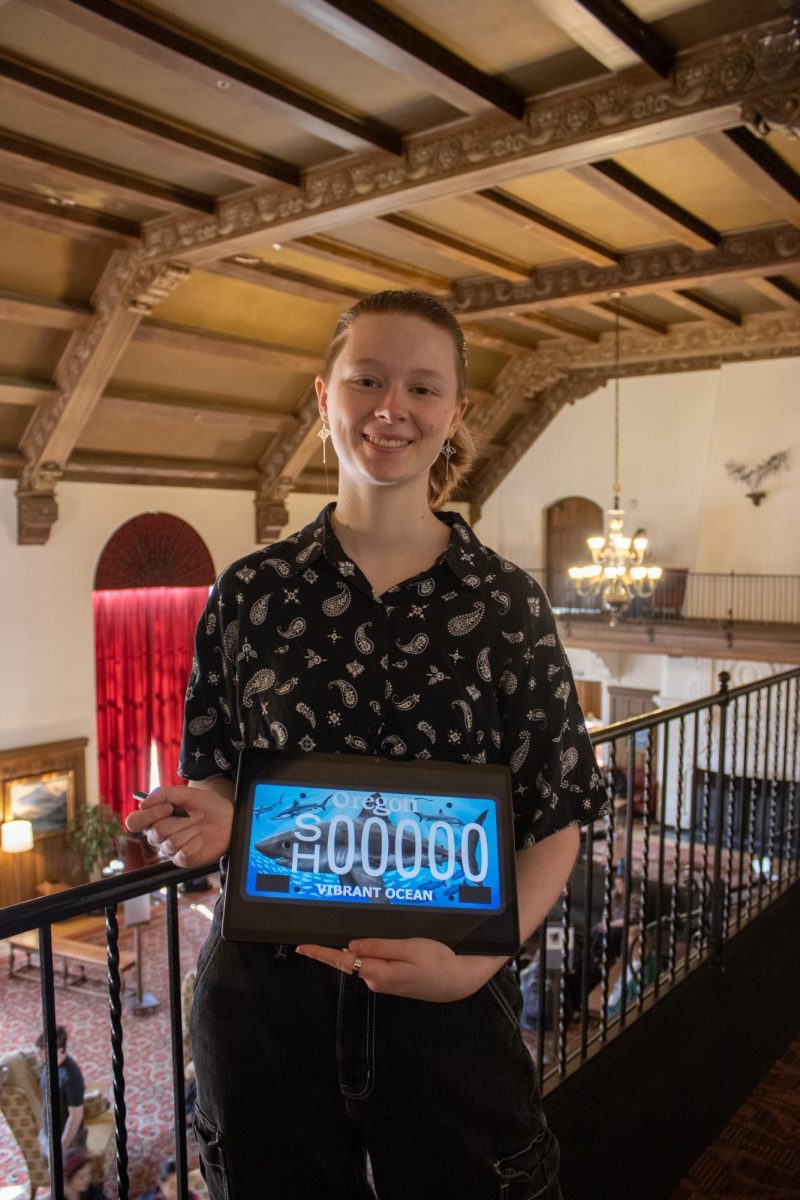
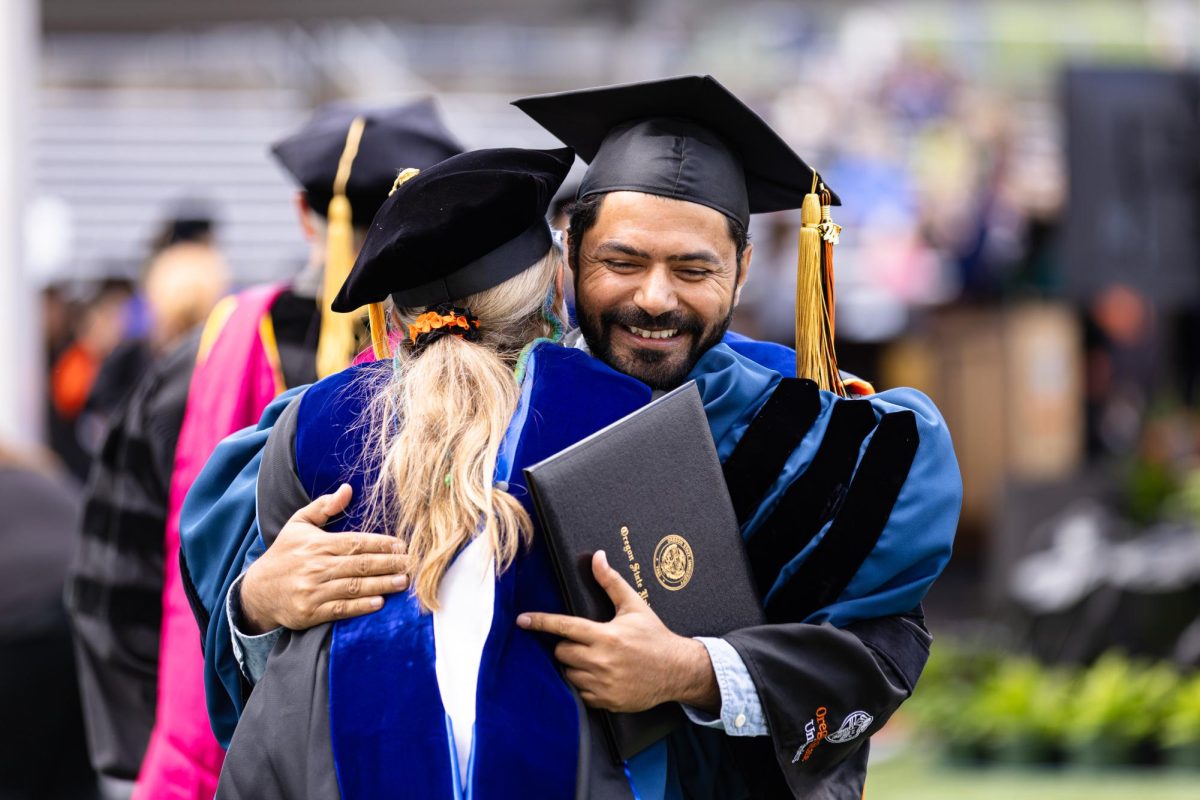


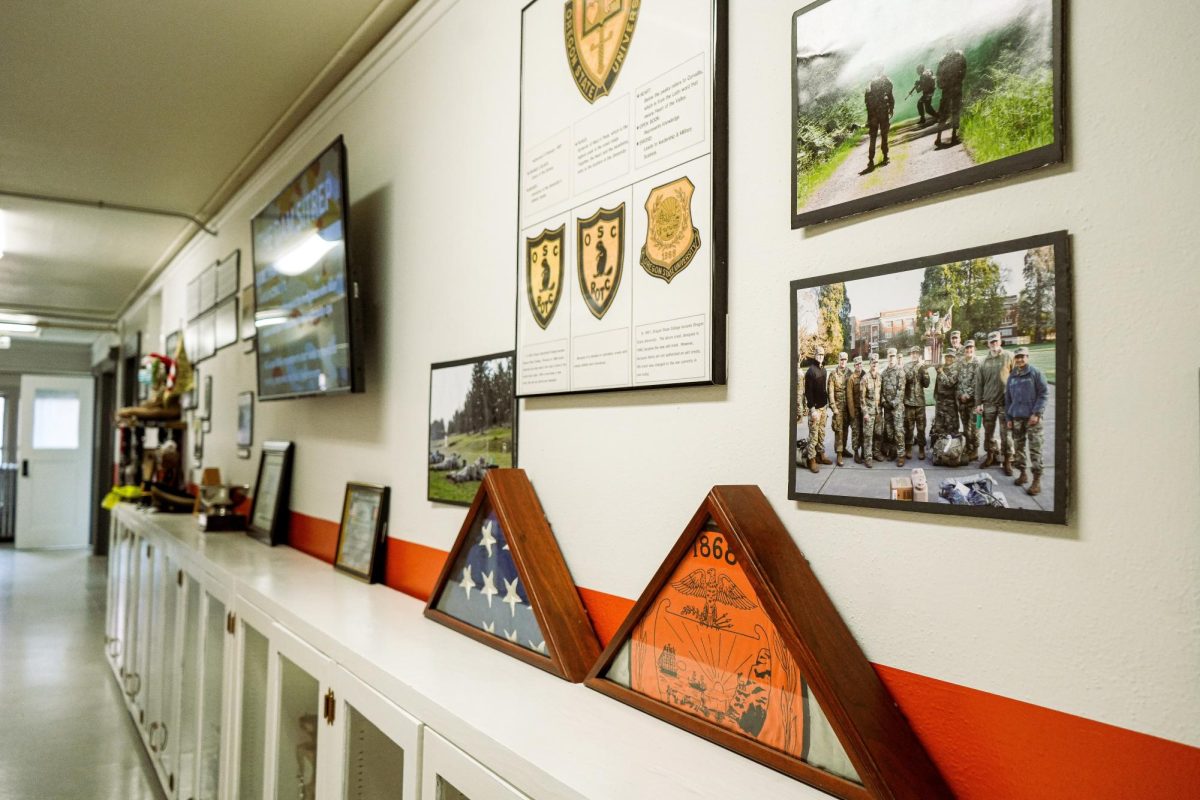









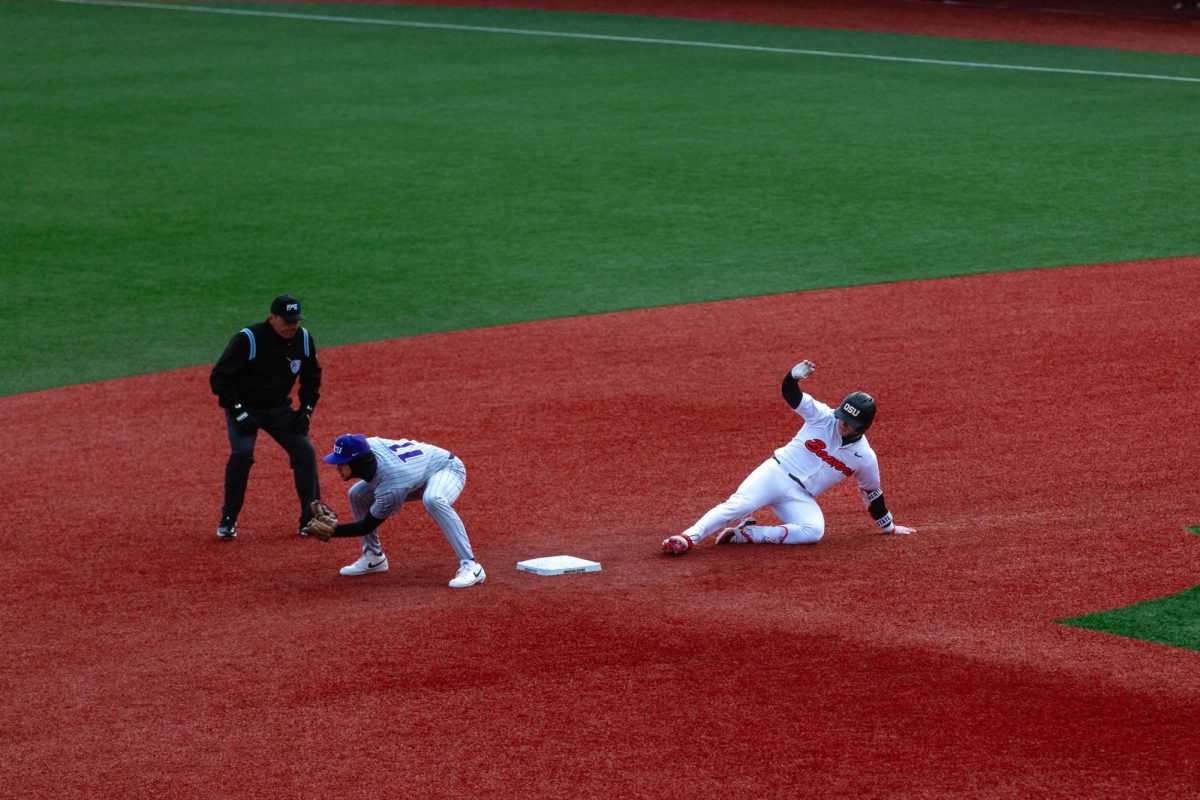
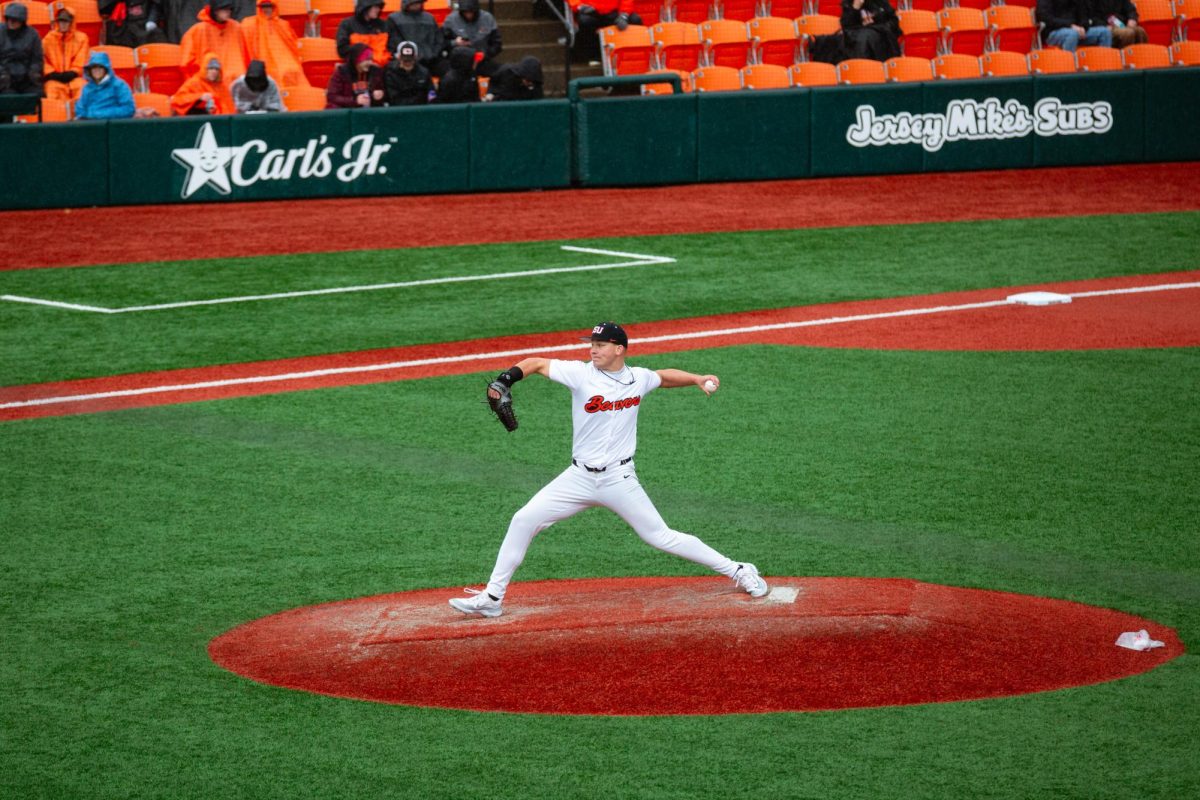


























































![Newspaper clipping from February 25, 1970 in the Daily Barometer showing an article written by Bob Allen, past Barometer Editor. This article was written to spotlight both the student body’s lack of participation with student government at the time in conjunction with their class representatives response. [It’s important to note ASOSU was not structured identically to today’s standards, likely having a president on behalf of each class work together as one entity as opposed to one president representing all classes.]](https://dailybaro.orangemedianetwork.com/wp-content/uploads/2025/03/Screenshot-2025-03-12-1.00.42-PM-e1741811160853.png)



























